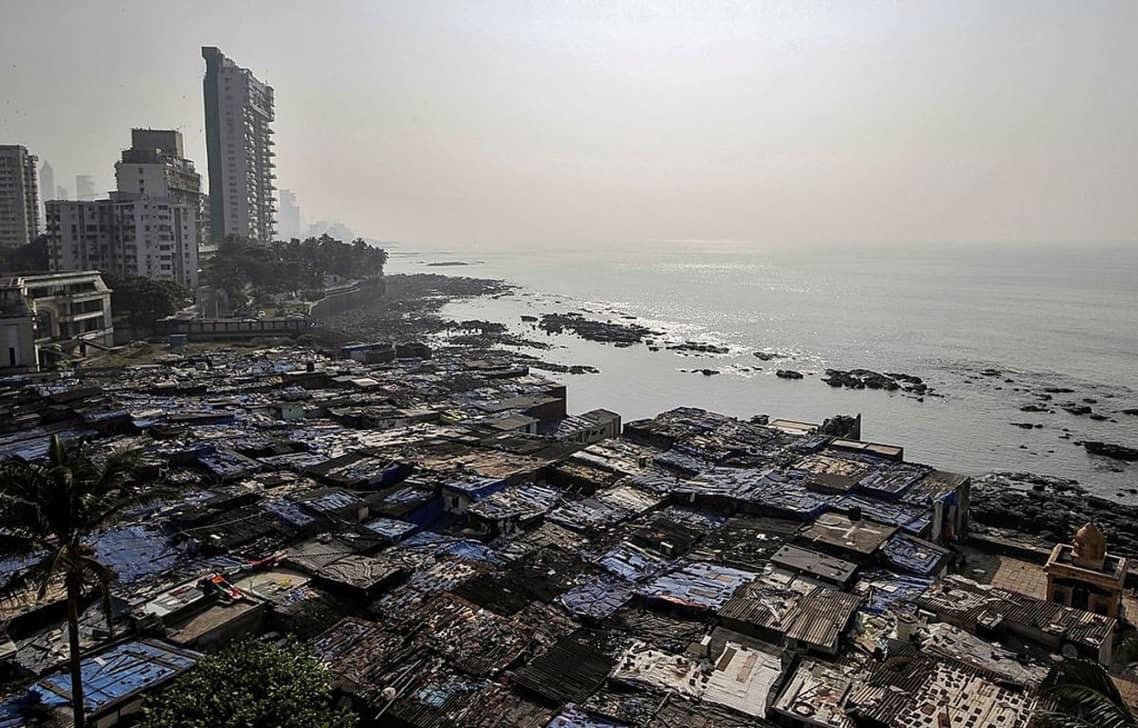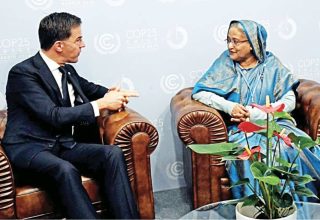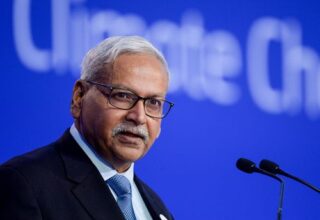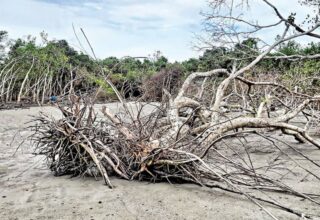
The historic Paris Agreement on Climate Change, which was agreed by all the countries that were part of the United Nations Framework Convention on Climate Change (UNFCCC) in December 2015, had two major outcomes. The first was to try to keep global atmospheric temperature to below 2 degrees Centigrade and, if possible, below 1.5 degrees. The second major agreement was from the developed countries to provide a minimum of USD 100 billion a year, starting from 2020 onwards, to support the developing countries to tackle climate change through both mitigation and adaptation.
The main vehicle for each country to report on its own plans and pledges to contribute towards these global goals was by submitting a Nationally Determined Contribution (NDC), in which actions to reduce emissions of greenhouse gases in each country would be pledged.
It was also agreed by all the countries that these issues would be addressed and revised every five years. Thus, all countries have until the end of 2020 to submit their respective updated NDC from the initial one submitted in 2015, and it is vital that all countries do so within the deadline. It is even more important that they raise their level of pledges to reduce emissions of greenhouse gases well over what they pledged in 2015 if the global goal is to be kept below 2 degrees, or even below 1.5 degrees.
If all countries fail to raise their respective ambitions by December 31, 2020, then the next point to do so will not be before 2025, which will be far too late.
Hence last week, Prime Minister Sheikh Hasina in her capacity as the head of the Climate Vulnerable Forum (CVF) launched a major global initiative called #MidnightClimateSurvival to get every country to submit their respective NDC by midnight on December 31. She did this at a high-level virtual event along with the Secretary-General of the United Nations Antonio Gutierrez as well as the Head of the UNFCCC Patricia Espinosa and the former UN Secretary-General Ban Ki-moon, who now chairs the Global Centre on Adaptation (GCA), the managing partner for the CVF.
The call for global action was also joined by the head of government of the Marshall Islands, who was the immediate past head of the CVF, as well as that of Ethiopia, who was the chair prior to that. The CVF is led by a Troika of the current chair and two previous chairs. The heads of government were also joined by ministers from many other CVF countries as well as the former president of the Maldives, Mohamed Nasheed, who was the founder of the CVF and is now its thematic Ambassador for Ambition.
Also present was the former vice president of the United States, Al Gore, who said he was hopeful that his country would rejoin the Paris Agreement after the country’s election in November.
The declaration of this call for every country to meet their obligations by midnight on December 31 was also matched by the pledge by all CVF countries that they would submit their own NDCs before this deadline despite the fact that their own emissions of greenhouse gases are miniscule compared to the major emitting countries. Nevertheless, they have taken the moral high ground to do what is right and are challenging all other countries to follow their example.
It is, however, uncertain how many countries will submit their NDCs on time, and even more uncertain how ambitious they will be, but there are a number of positive signs from China and the European Union who have both recently announced significant ambitious pledges to become Net Zero emitters within the next few decades. If all other countries follow their example, then it is possible to reach the goal on time.
The other pledge about delivering the USD 100 billion is also supposed to be achieved by midnight on December 31, although we are not still sure how much will actually be delivered. Hence, the developed countries who made that promise in 2015 need to provide information on how much each of them has committed, how much was for mitigation and how much for adaptation—and also, which developing countries were provided with support and through which channels. While the Green Climate Fund (GCF) was supposed to have been the main vehicle for delivering these funds, they are also using the Multilateral Development Banks (MDBs) like the World Bank and Asian Development Bank as well as bilateral development assistance agencies. Hence, it is extremely difficult to track how much climate finance is being made available and through which channels.
From what information can be found, it is clear that the total amount of funding made available so far is still far short of the USD 100 billion target, while over 80 percent of that has gone to support mitigation activities and less than 20 percent to adaptation in the most vulnerable developing countries. Even worse, the proportion of that measly amount of funding for adaptation was less than 2 percent of the global funds for supporting developing countries to tackle climate change.
Hence, the CVF countries are also demanding that the developed countries fulfil their pledges to provide at least USD 100 billion by December 31 and ensure that at least half of it goes to the most vulnerable communities in the most vulnerable developing countries to adapt and become more resilient to the adverse impacts of climate change.
December 31, 2020 is thus a day of reckoning when we will see if the leaders of each and every country in the world can rise to their once-in-a-generation responsibility or not.
Originally this article was published on October 15, 2020 at Daily Star. The author Prof. Saleemul Huq is the director of the International Centre for Climate Change and Development (ICCCAD) at the Independent University, Bangladesh (IUB).
Email: saleemul.huq@icccad.org






